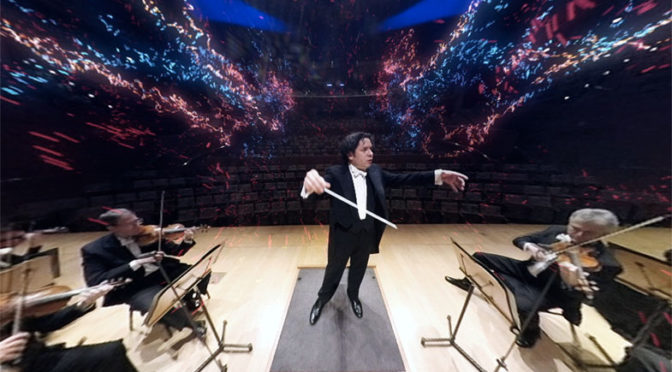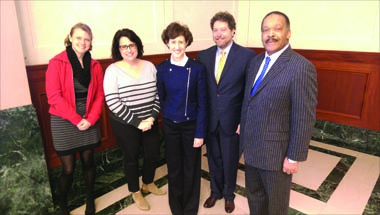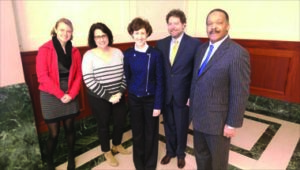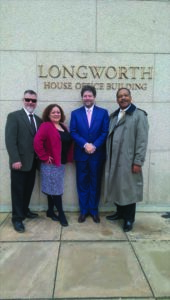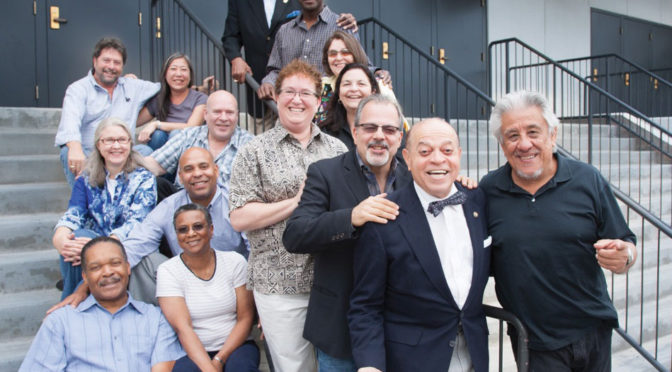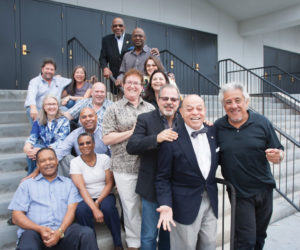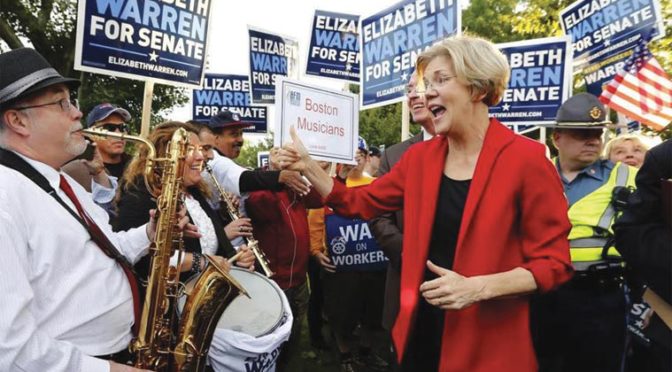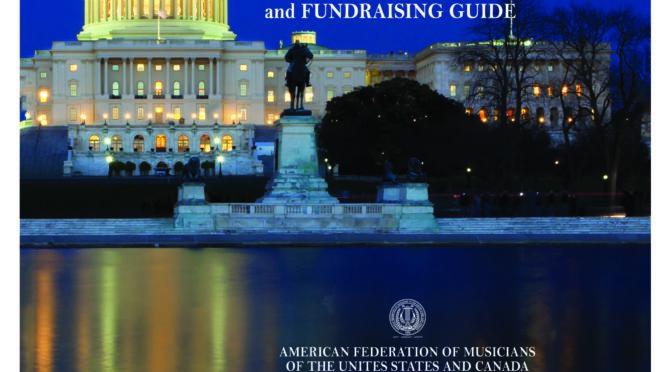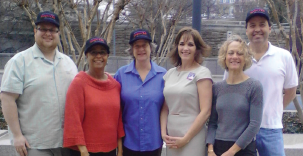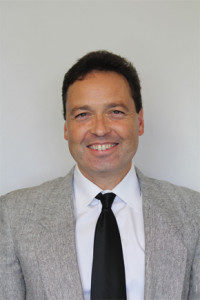This month, we feature a new initiative that the AFM believes will be helpful to members who are looking for expanded opportunities with the federal government. The Federal Arts Connection was born from efforts initiated by AFM President Ray Hair and me to highlight the vast array of arts-related federal programs that members can use to build their professional portfolios.
By now, you have read in the International Musician about Hair’s visits with the leadership of the National Endowment for the Arts, the Smithsonian Institution, and the US Department of State. We are pleased to have been hosted by agency chairs, department directors, and department chiefs, each of whom have recognized the important role the AFM has played historically in the development of arts and entertainment over its 119-year existence.
Each agency has made a commitment to include the AFM as an important partner in their deliberations and they are excited about including AFM members as a resource. Hence, the Federal Arts Connection project is now an essential part of our work on your behalf. We hope that you will use this resource. More about this work will be outlined in the “members only” section of the AFM website.
We look forward to hearing your stories about grants awarded to you and about international travel you accomplish under the auspices of the US Government. AFM President Hair and I engage in constant dialogue with agency officials. Please feel free to contact my office if you have questions about this project. Many thanks for your membership and for your support of our union’s government relations programs.
This first edition of the Federal Arts Connection (below) features a few of the resources available. Additional resources will be unveiled each month.
Dear AFM Member
This is a monthly source for information relating to federal grant making, performance, education, and research opportunities for musicians interested in project funding and international travel as artistic representatives of the US. Though extensive, this list is not exhaustive. Each month we will highlight different federal agencies with arts-related components. We suggest that you make direct contact with local federal agencies, government councils, and non-government organizations (NGOs) to help you identify other possibilities. This list is only a starting point, to successfully engage these opportunities it may be necessary to contact the agency directly for requirement details. The AFM Office of Government Relations is happy to help you identify as many federal resources as possible.
Websites
The Catalogue of Federal Domestic Assistance:
www.cfda.gov
(Outlines every federal program offered. Serious researchers can search music, performing arts, and similar keywords to get to the programs listed. For grant writers, in seemingly
unrelated agencies there may be
opportunities for creative thinking about how the arts/music can positively impact American communities.)
The Federal Register
www.federalregister.gov
(Search music, arts, culture)
National Endowment for the Arts
www.arts.gov/artistic-fields/music
National Medal of the Arts
www.arts.gov/honors/medals
National Endowment for the Humanities (NEH)
www.neh.gov/grants
NEH (Music)
www.neh.gov/search/content/Music
The White House: Music and the Arts
www.whitehouse.gov/performances
Arts Education
www.whitehouse.gov/champions/arts-education
National Medal of The Arts
www.arts.gov/honors/medals
US Department of State Bureau of Educational and Cultural Affairs (ECA) of Note Fulbright Program: www.eca.state.gov/fulbrightexchanges.state.gov/us/special-focus-areas
Twitter
@ECAatState
@ECA_AS (Assistant Secretary)
@FilmShowcase (American Film Showcase)
@UIIWP (International Writing Program)
Facebook
Exchange Programs At State (ECA)
American Film Showcase
Center Stage (Artists from Abroad)
OneBeat American Music Abroad
Instagram
ExchangeOurWorld
AmericanFilmShowcase
YouTube
Exchanges Videos (ECA)
American Music Abroad


